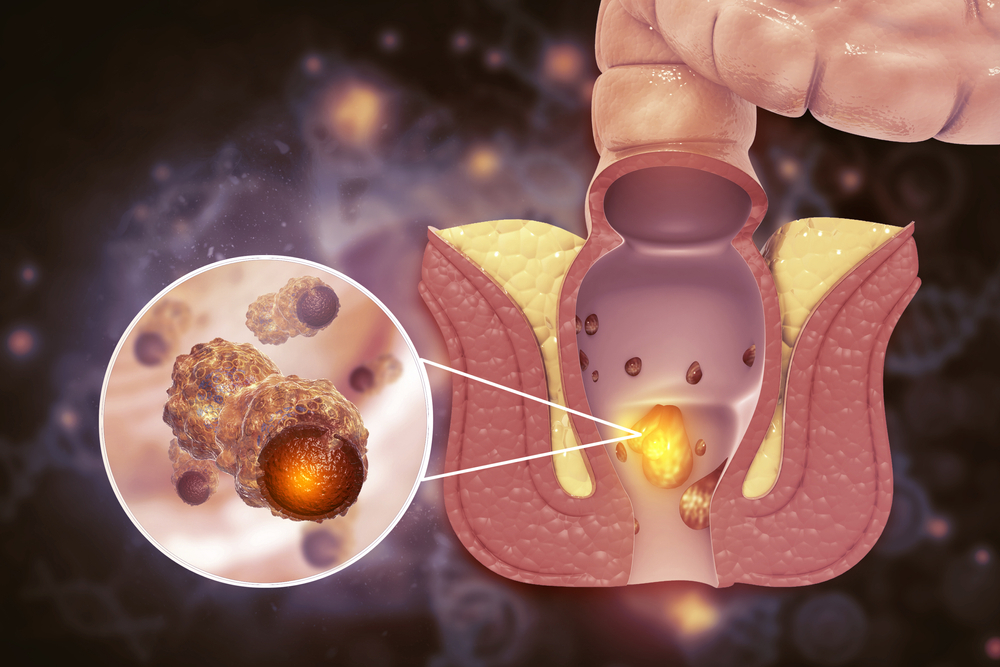Anal fissures are painful conditions affecting the anus. These are usually cuts or thin tears in the tissue. The muscles around the anus can become exposed due to a fissure similar to a crack.
Fissures in the anal cavity can be very painful and affect people of all ages (from infants to the elderly). Fissures can be effectively treated by surgery, which is a simple procedure.
What is an anal Fissure?
Faeces are excreted through the anus, which may develop fissures. The internal anal sphincter is a circular muscle ring that extends into the tear. Fissures that have been present for less than six weeks are considered acute, while those that have been present for longer than six weeks are considered chronic.
Fissures typically cause the internal anal sphincter to spasm, causing further separation of the tear, obstructing healing, and causing pain. There is no reliable estimation of the frequency of anal fissures; some studies suggest one in five people develop one.
Anal Fissure Symptoms
The anal fissure may bleed, tear, rip, or burn after a bowel movement. It is common for rectal pain after bowel movements to last for several minutes or hours in cases of fissures. There is usually minor bleeding, but it is typically bright red. If there is blood in the toilet bowl, it may discolour, giving the impression that there is heavy bleeding. Some patients may experience itching or irritation around the anus. After symptoms, one must be aware of the cause and risk factors that may or may not occur.
Anal Fissure Causes and Risk Factors
Trauma or diarrhoea with large or complex bowel movements can stretch the anal canal, causing anal fissures. Fissures can also develop due to anal intercourse. It is also possible to develop anal fissures when a patient has other medical conditions, such as Crohn’s disease. As a result, evaluation may include testing for these conditions.
Anal Fissure Diagnosis
A physical examination and the symptoms described above can usually diagnose anal fissures. To examine the region around the anus, the buttocks are gently separated. An 8 o’clock or 12 o’clock fissure is the most common. In other locations, fissures tend to be caused by underlying conditions.
The initial diagnosis of a fissure can often be made without the insertion of a gloved finger or anoscopy (inserting a small instrument into the anal canal). It is usually unnecessary to conduct these examinations to establish a provisional diagnosis based on the history and review of the patient. The fissure development might require further evaluation if another medical condition contributed to it.
Sigmoidoscopy or colonoscopy is usually recommended when the diagnosis is unclear, especially when there has been rectal bleeding. A colonoscopy is recommended for patients 50 and older. A sigmoidoscopy may suffice if a patient has no colon cancer or intestinal disease risk factors. Many doctors refer to the surgery for the patients.
Reasons Why Doctors Recommend Fissure Surgery To Patients
There are non-surgical approaches that can aid the treatment process. Doctors use muscle relaxant creams, lignocaine jelly, laxatives, etc., to treat anal fissures without surgery. A sitz bath may also be prescribed by the doctor. Doctors recommend surgery for the following reasons:
- Quick recovery is possible with one-day procedures.
- The latest laser equipment is used for surgery.
- Painless or minimally painful procedures.
- Only a few cuts and stitches are used.
- The surgical procedure will not scar your body.
- After surgery, there is a low recurrence rate of the disease.
- During surgery, there is no bleeding or minimal bleeding.
Conclusion
Surgical and medical treatments aim to relieve pain and heal the anal fissure by reducing the tone of the internal sphincter. Although newly formed anal fissures may heal without medical treatment, those that have been present for a long time usually require professional intervention. The most effective treatment for this condition is anal fissure surgery. Taking this step can help you avoid further pain and complications caused by the fissure and reduce the chances of recurrence.






